
既无故土,也不分南北。
Summer of discontent: Why are UK workers on strike?
On June 22, rail workers who joined the Rail, Maritime and Transport Workers' Union (RMT) officially launched strike action. More than half of the UK's railways were completely closed that day. Train drivers were not involved in the strike, but the Union of Locomotive Engineers and Firefighters (ASLEF), which represents train drivers, is taking action over whether to initiate strike action. London Underground workers, who are part of the United Kingdom's Unite the Union, also took part in the strike action and disrupted most services on the London Underground. Rail workers will strike again on June 23 and 25.
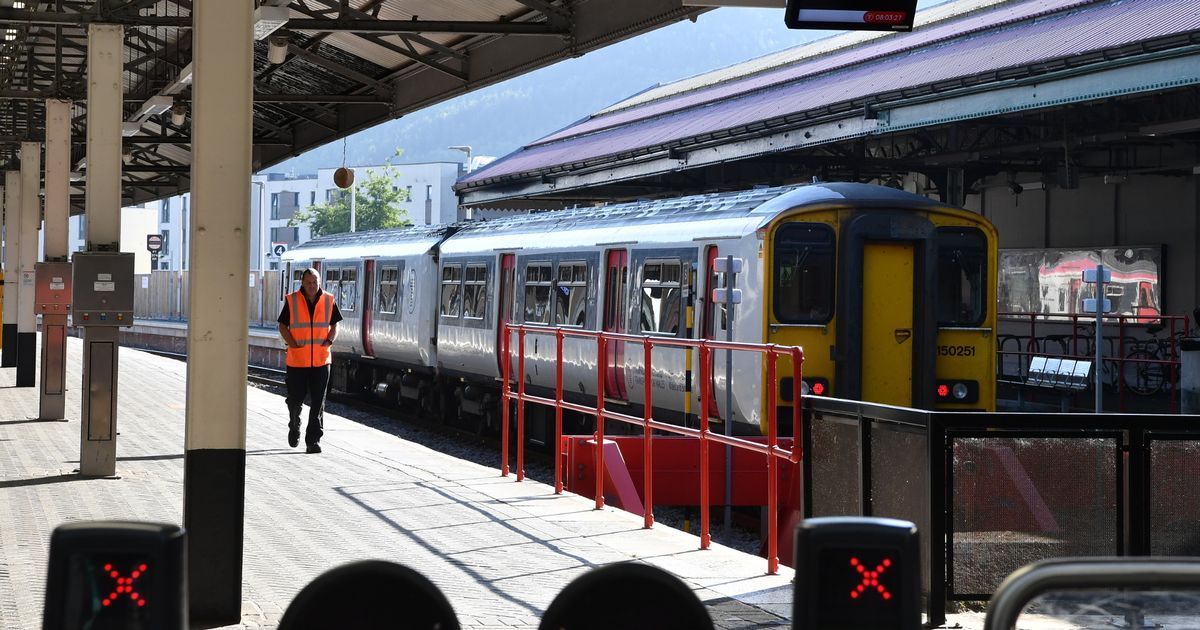
Britain has just ended a 12-year period of low wage growth and a sluggish economy. Now the UK is facing the biggest drop in living standards on record. The UK economy is expected to experience zero growth next year, and of all developed countries, only Russia, which is under economic sanctions, is in worse shape than the UK.
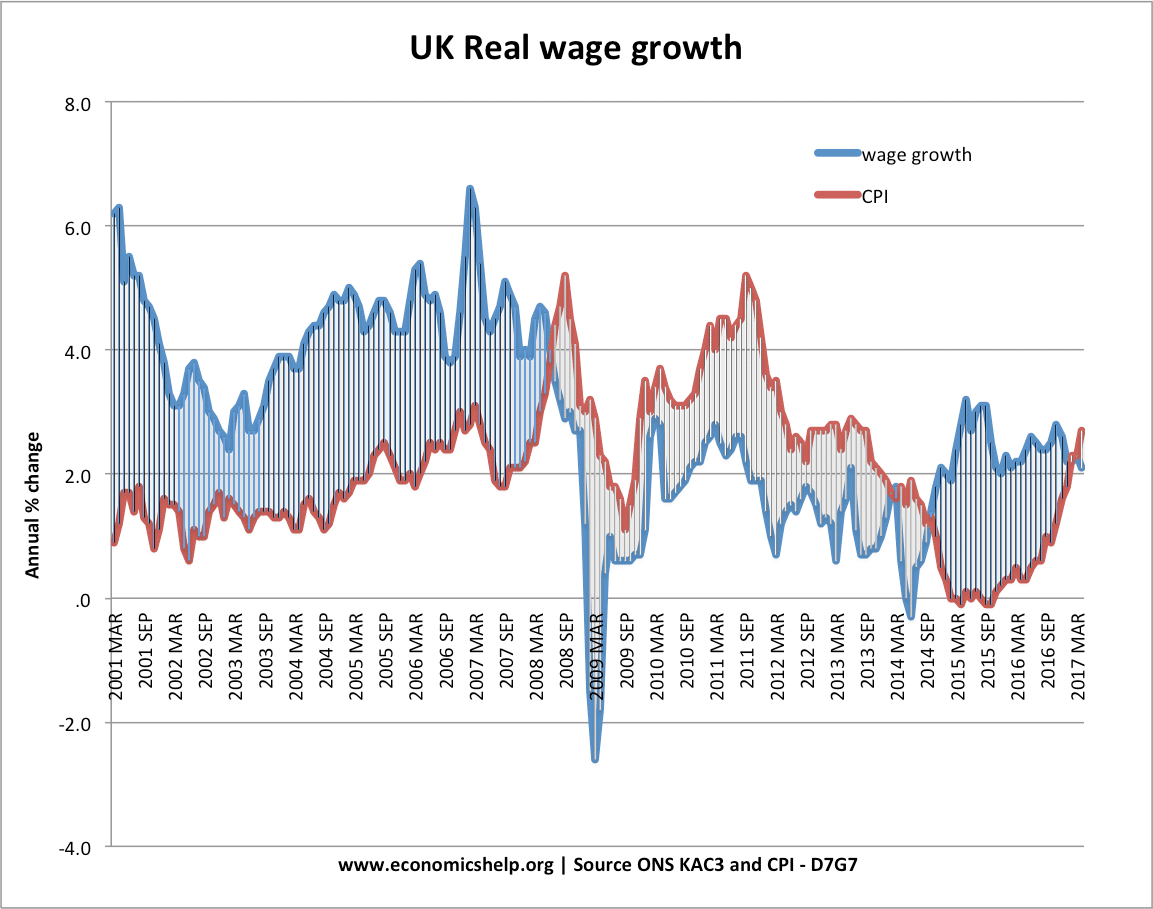
Faced with the rising cost of living and frozen wages, on June 18, tens of thousands of people participated in the "Anti-Cost of Living Crisis" march organised by the UK Trade Union Centre (TUC) to demand the government take action. Meanwhile, unions across industries including the Royal Mail, teachers, NHS nurses, civil servants, criminal lawyers are preparing or conducting strikes to demand pay rises.
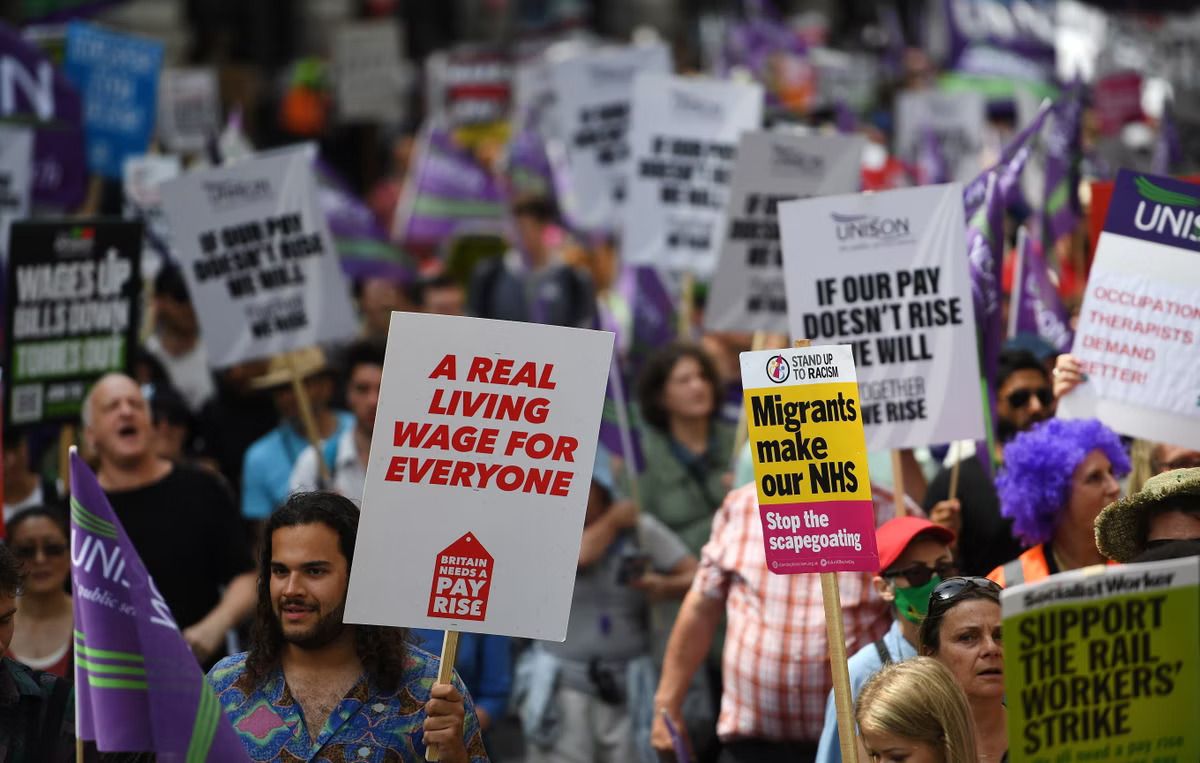
Facing a "summer of dissatisfaction" in the UK and the ensuing strikes, Boris Johnson said wage increases were not the answer to soaring prices, but instead he hoped workers would contribute by reducing wages. "If wages catch up with rising prices, then we risk further inflation. We already experienced this in 1970," he warned.
Johnson referred to the Price/wage Spiral, a macroeconomic theory used to explain the causal relationship between rising wages and inflation. This theory holds that rising wages increase disposable income, which increases demand for goods and causes prices to rise. Rising prices increase the demand for higher wages, which leads to higher production costs and further upward pressure on prices, creating a price spiral.
The Chancellor of the Exchequer followed suit, emphasizing on June 20 that "people have to realize that if we are going to stop inflation, we have to come together as a society to solve this problem." Many experts are very skeptical of their claims. Conversely, experts generally believe that restricting wage growth has exacerbated deep-seated economic problems in the UK.
Conservative politicians emphasizing the wage-price spiral fail to mention that MPs' wages have risen by 28 per cent since the Conservatives came to power in 2010. While that's lower than the 34.2% inflation rate over the same period, they are much better paid than many key public service workers.
Criminal trial lawyers, who will go on strike on June 27, earned an average of just £12,200 a year in their first three years on the job. They had previously demanded a 15 per cent pay rise, and years of shrinking legal aid have piled up cases they need to deal with. Fewer and fewer people are willing to take up teaching positions, because according to the Institute for Fiscal Studies, the real salary that teachers can receive in 2021 is 8% less than in 2007, and inflation in 2022 will actually make teachers' wages less than in 2010. 19%.
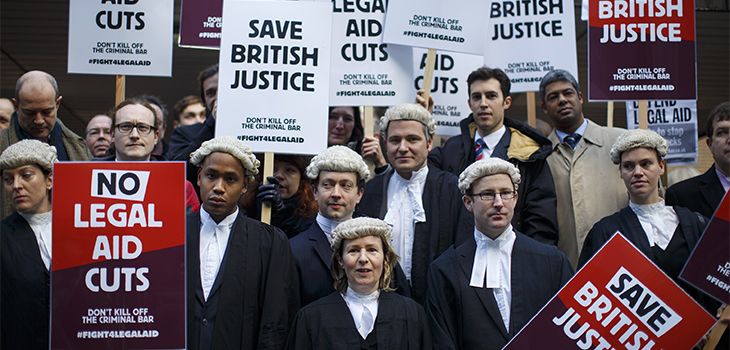
Nurseries are also facing a serious crisis. The average nursery teacher's salary has risen from £12,514 when the Conservatives came to power to £14,462, but when inflation is factored in, real wages have fallen by almost a fifth. However, childcare costs have risen sharply. For many working families, the cost of sending their children to daycare is prohibitive. As a result, many working parents, especially young women, are forced to stay home or work less hours.
While all politicians have hailed the NHS as a hero against Covid-19, a pay rise is all but impossible. Research by the Health Foundation found that between 2011 and 2021, doctors' purchasing power fell by £779, while nurses' earnings fell by £1,583. Average annual wages across the NHS fell by £416.
The same is true for other industries besides public service workers. Taking inflation into account, British workers are earning £60 less a month in real terms than they did in 2008. Between February and April, workers in Britain's private sector saw their real earnings fall by 1.6%, while workers in the public service fell by 4.5%. Historically, this was the worst period of wage growth in 200 years. Only under Napoleon was the purchasing power of workers so low.
Miatta Fahnbulleh, chief executive of the New Economics Foundation, a British think-tank, said: "When the cost of living is rising so fast, it is perfectly reasonable to ask for a raise. Years of regress in wages have affected those least able to afford price increases the most. This is the root cause of so much dissatisfaction we see.”
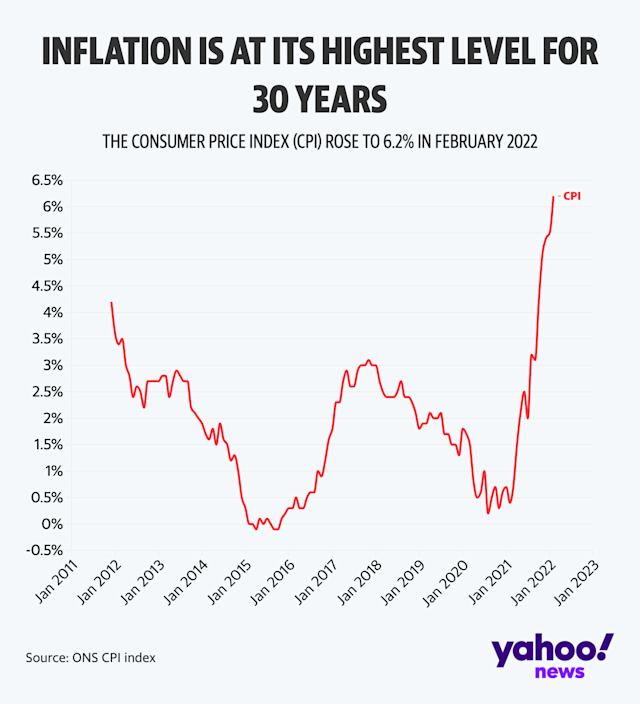
Farnborough stressed that wage stagnation reflected deep-seated problems in the UK economy. The British government has neglected investment in technology, infrastructure construction and other fields for many years. Limiting wage growth could instead repeat the core problems that have hampered economic development since the financial crisis. The UK needs to spend more, which will help increase the income of businesses and encourage them to invest to get the economy going again. Therefore, the New Economy Foundation calls for a substantial increase in the minimum wage and encourages collective bargaining.
The Guardian pointed out that the wage-price spiral is based on theory rather than empirical evidence. In 1975, when inflation was at 25%, the wage rate for manual workers was growing at a rate of 31.7% per year, while the average income of all employees was growing at about 28% per year. Stephen Millard, deputy director of the National Institute of Economic and Social Research, the UK's oldest independent economic institute, said increasing wages were simply not possible now, given the de facto wage reversal. leading to the so-called wage-price spiral.
Millard also pointed out that the share of UK industry in the total economy is less than 10%, and the investment share is the lowest among the G7 countries. The government has disproportionately ignored its own role in the current economic woes. "The government was supposed to increase public investment, but the government chose fiscal austerity. These measures have put us in an economic state of low growth, low investment and low productivity."
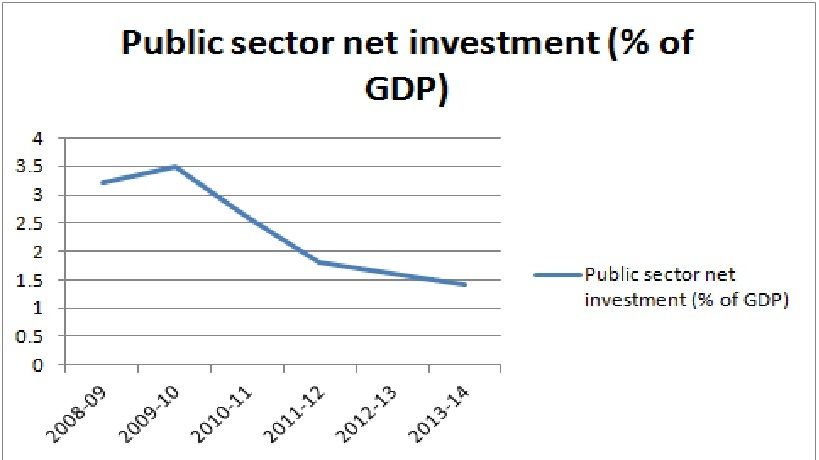
Inflation is a political phenomenon at all times - it's a question of who pays, according to Tribune magazine. This government wants workers to pay for life crises, just as it made them pay for previous pandemics and financial crises. The UK government may very well want workers to shut up and pay for the fall in real wages. But the workers did have another option: they could organize, and they did.
(Editor in charge: New Bremen)
Like my work?
Don't forget to support or like, so I know you are with me..
Comment…